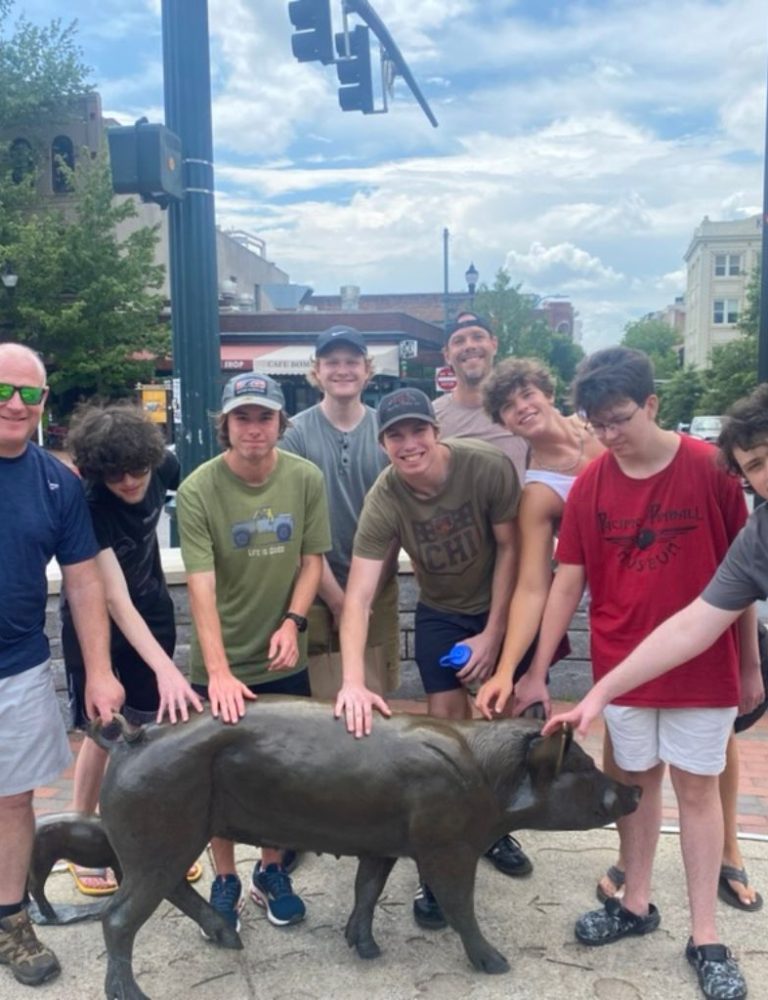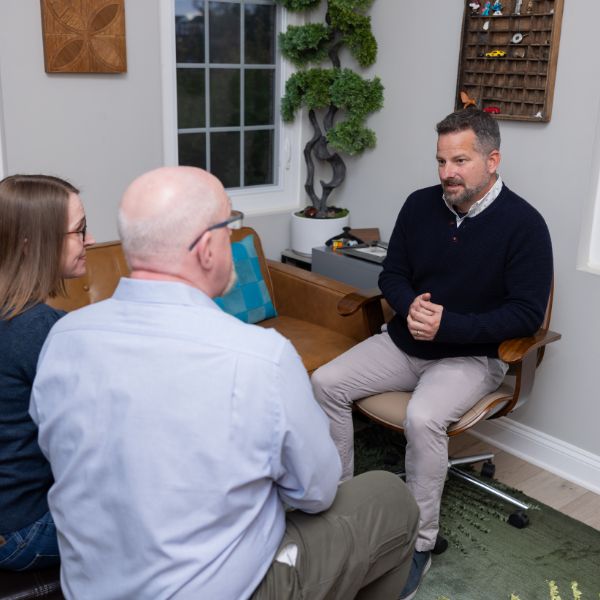ASD / Neurodiversity Therapy for Teens & Young Adults in Fairfax, VA





What Is ASD / Neurodiversity and How Is It Affecting Teens & Young Adults in Northern VA?
ASD, or Autism Spectrum Disorder, and neurodiversity describe differences in how the brain processes information, communicates, and interacts with the world. Neurodiversity can include ADHD, 2e (twice exceptional), persistent demand avoidance (PDA), non-verbal learning disorder (NVLD), Tourette’s, dyslexia, and others. For teens and young adults, being neurodivergent doesn’t mean something is “wrong”—it means their brains work differently, often with unique strengths as well as challenges. Here’s how ASD / neurodiversity can impact teens and young adults:
- Social interactions: They may find small talk, group settings, or reading social cues more difficult.
- Sensory experiences: Loud noises, bright lights, or busy environments can feel overwhelming.
- Communication styles: Some prefer direct, literal language; others may need extra time to express themselves.
- Focused interests: Deep passions in specific subjects can become sources of joy and expertise.
- Emotional regulation: Transitions or unexpected changes may lead to frustration or meltdowns.
With understanding and support, neurodivergent teens and young adults can thrive. Parents can help by celebrating strengths, providing structure, and seeking out environments where their kids feel safe.
ASD / Neurodiversity: By the Numbers in the United States (Source: NIH)
Our Approach to ASD / Neurodiversity
At Cabush, Paul & Associates, our therapists apply evidence-based practices and use structured, individualized approaches to teach social communication, self-regulation, and flexibility to teens and young adults managing ASD/Neurodivergence. We often integrate strengths-based methods, focusing on interests while building skills for daily functioning. Collaboration with schools and families ensures consistency and support across different environments.
A typical case could include one or more of the following approaches:
- Friends Groups
- Cognitive Behavioral Therapy (CBT)
- Family Systems
- Art Therapy
- Coordination with Schools
"My son was withdrawn, anxious, and angry. Now, six months later, he’s more grounded and confident—and we finally feel connected again."
Parent of a 17-year-old


ASD / Neurodiversity Coping Strategies for Parents
Here are three strategies parents can use to support ASD / Neurodivergent teens or college-aged kids:
- Create predictability and clear expectations – Use routines, visual schedules, or written instructions to reduce anxiety and make transitions easier.
- Support social and communication skills – Encourage role-playing, social stories, or small group activities that help him or her practice interaction in safe, low-pressure settings.
- Focus on strengths and interests – Build confidence by nurturing his or her passions (academics, hobbies, or talents) and using them as bridges for learning and connection.
ASD / Neurodiversity: Myth vs. Facts
Myth: Autism or neurodiversity is a problem to be “fixed.”
Fact: Being neurodivergent is part of who he is—it comes with challenges and strengths.
Myth: All of those with ASD act the same.
Fact: Every neurodivergent teen is unique—there’s no single “look” or behavior pattern.
Myth: Social struggles mean he or she doesn’t want friends.
Fact: Many want connection but need support with communication skills.
Myth: He or she will struggle in school or work.
Fact: With the right supports or simply finding the right job , neurodivergent people thrive academically, socially, and professionally.
Myth: Independence isn’t possible.
Fact: Most neurodivergent young men and women live fulfilling, independent lives. They may choose different levels of support if needed.


Contact Us for a Free Phone Consultation About ASD/Neurodivergent
Call us at (703) 691-0036 or fill in our easy contact form.
